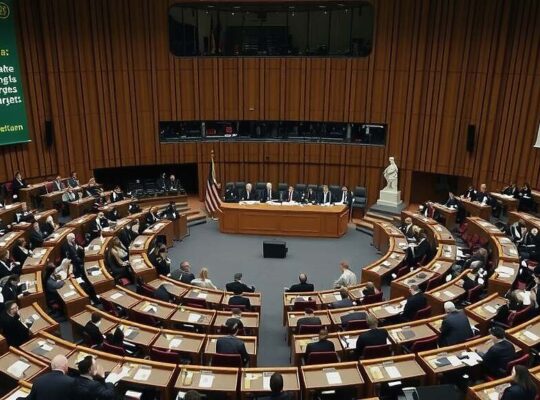Germany’s leading economic advisor, Monika Schnitzer, has issued a stark warning regarding the future stability of the nation’s social security system, urging the government to undertake significant reforms.
Speaking to the Redaktionsnetzwerk Deutschland, Schnitzer emphasized the increasing difficulty of financing pension payments through current contributions from the working population. She stated that without decisive action, the system faces a potential collapse.
While acknowledging that the current governing coalition has addressed some economic issues and signaled further intentions, Schnitzer suggested a comprehensive, bold approach remains absent. She indicated that the need for reform extends beyond pensions, specifically citing the unsustainable growth in expenditure within the long-term care insurance system.
Schnitzer stressed the importance of personal responsibility, advocating for individuals to utilize their assets, including home equity, to contribute towards future care costs. She argued against a system where individuals are protected from contributing their own resources while relying on public funds for care, with the benefit ultimately accruing to their heirs.
Supporting a recommendation from the advisory board of the Economics Ministry, Schnitzer proposed a funding mechanism targeting the “baby boomer” generation. This would involve a twenty-year period dedicated to increased savings within a dedicated fund, ensuring sufficient financial resources are available to cover their future long-term care needs. While recognizing the necessity for social support, Schnitzer believes a combination of public and private contributions is crucial to ensure the long-term viability of the system.












